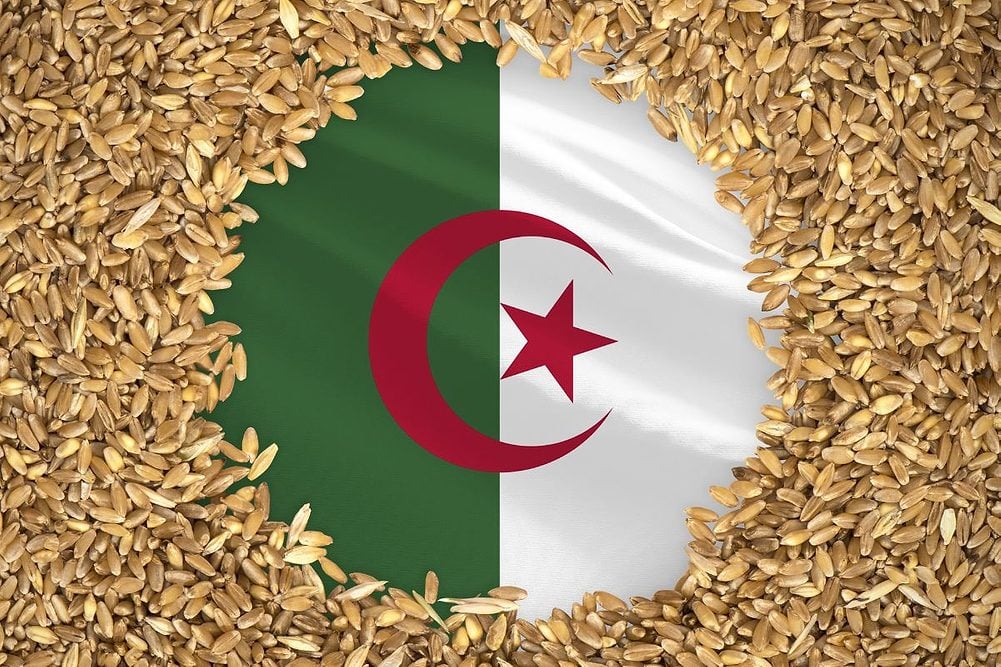
Wheat remains a vital staple for billions worldwide, and in Algeria, bread is more than just food—it is a pillar of social stability.
Yet, recent developments highlight a worrying trend: Algeria is deepening its reliance on wheat imports rather than reducing it.
The Algerian Interprofessional Cereals Office (OAIC) completed a major procurement deal, securing nearly one million tons of soft wheat from international markets. Insider sources suggest the actual volume may reach approximately 1.05 million tons.
The shipments are expected from diverse suppliers, including countries from the Black Sea region and Australia, underscoring Algeria’s urgent need to bolster its stocks amid persistent domestic demand and underperforming local production.
Prices negotiated for this large-scale operation range between $253 and $257 per ton, inclusive of transport costs—figures that reflect escalating market pressures and Algeria’s drive to finalize contracts swiftly to avoid further price surges.
The delivery schedule is tight and demanding.
The wheat is set to arrive in three batches between mid-September and the end of October 2025. However, logistical challenges are considerable, especially for distant suppliers like Australia, whose shipments require at least a month’s preparation.
Efficient coordination among producers, carriers, and Algerian port authorities is critical, particularly given current global risks such as geopolitical conflicts, maritime instability, and trade tensions. Any disruption could jeopardize supply chains and the availability of bread in Algeria’s major urban centres.
Local wheat production continues to fall short despite governmental efforts to revive the sector.
Factors such as climate constraints, scarce water resources, limited mechanization, and inconsistent yields hamper progress.
Consequently, Algeria remains one of the world’s largest wheat importers, relying heavily on foreign markets to meet domestic needs.
This heavy dependence exposes Algeria to global market volatility. A poor harvest in supplier countries, geopolitical crises, or market speculation could swiftly inflate costs or reduce supplies, threatening food security.
Each massive wheat procurement contract is a stark reminder that without comprehensive agricultural reform, Algeria’s reliance on imports remains a costly and precarious strategy.
While diversifying suppliers and accelerating deliveries offer short-term relief, these measures mask a deeper structural issue. Without modernizing local agriculture, Algeria’s growing wheat imports reinforce a fragile balance that may become increasingly unsustainable.



